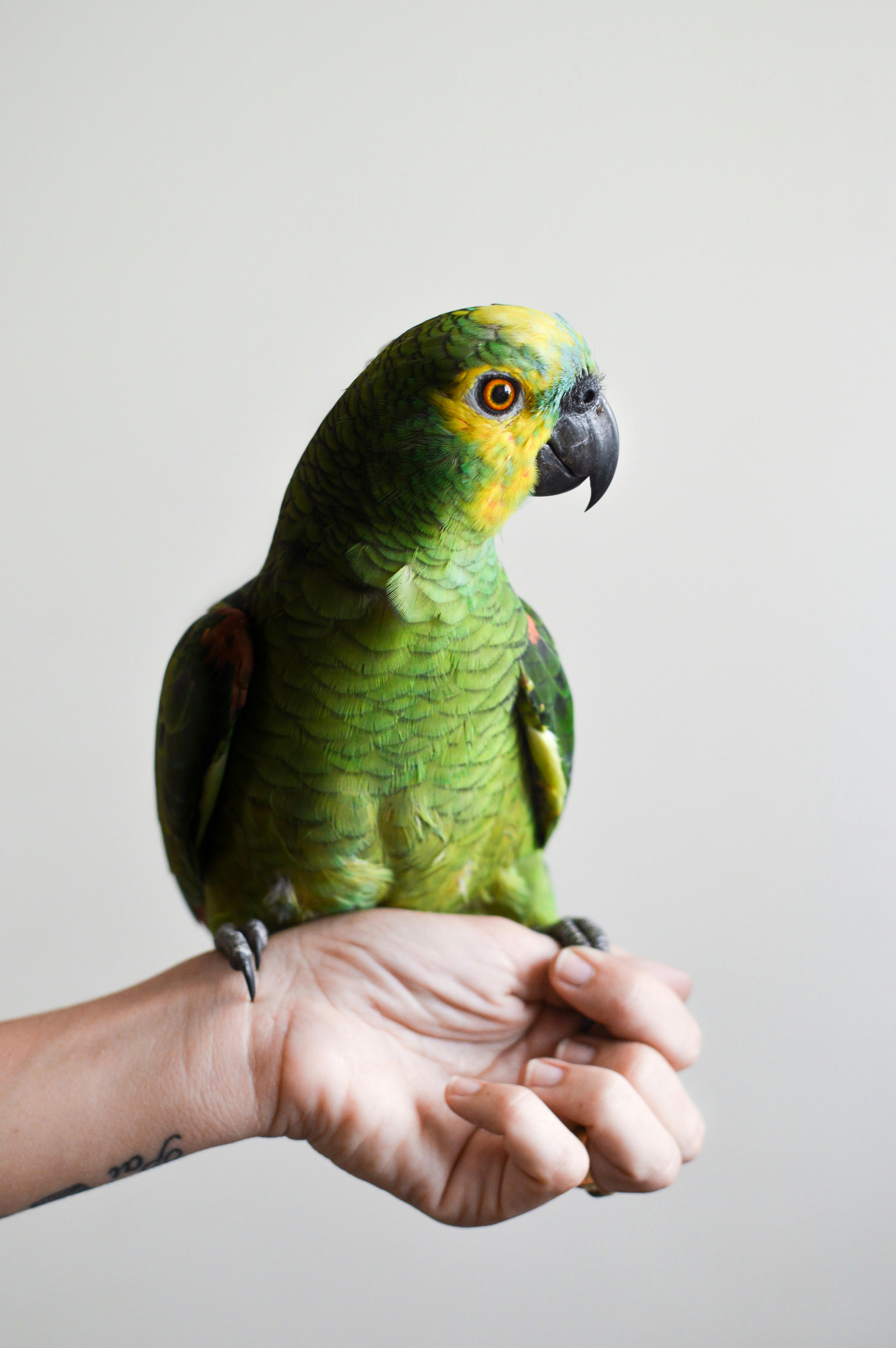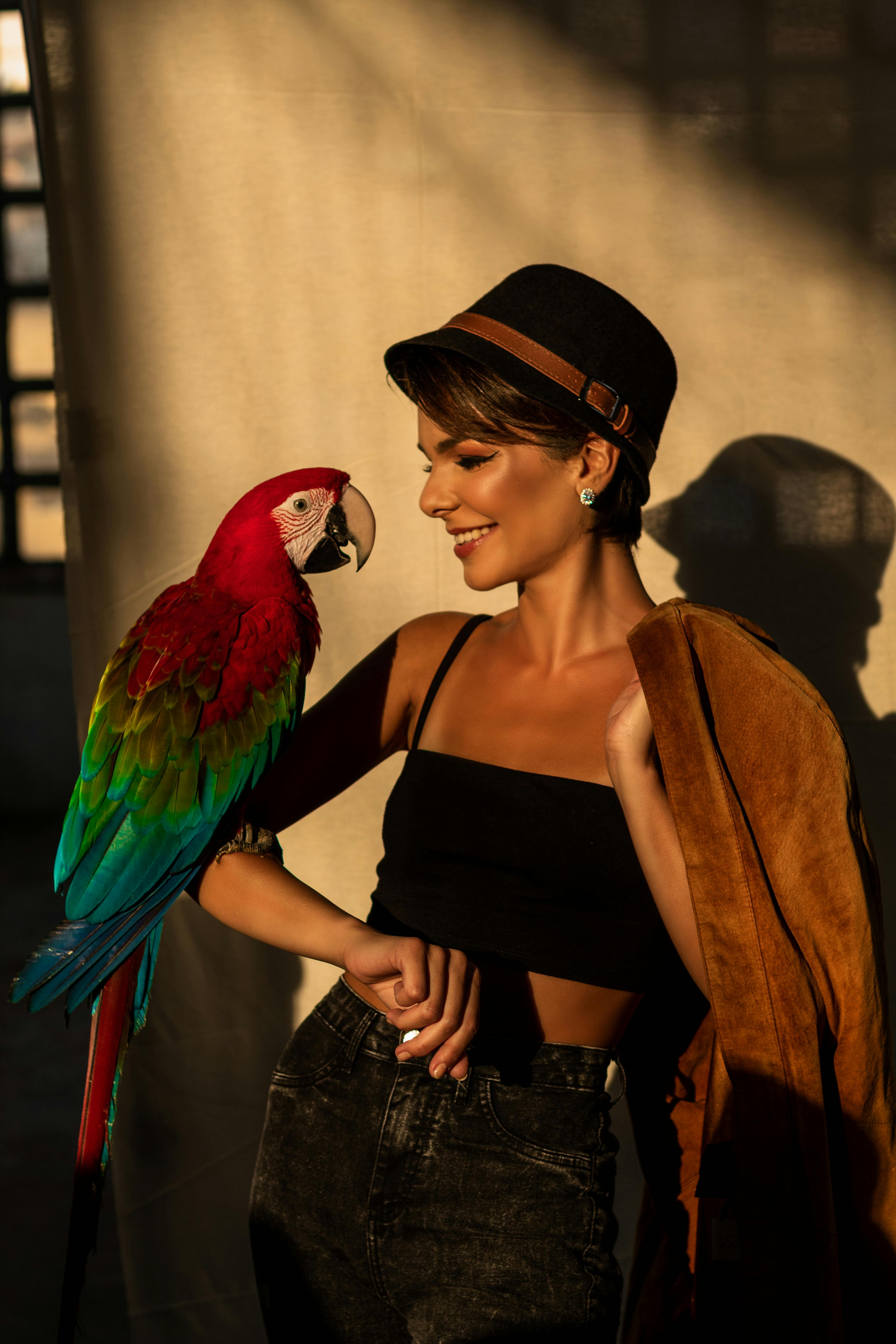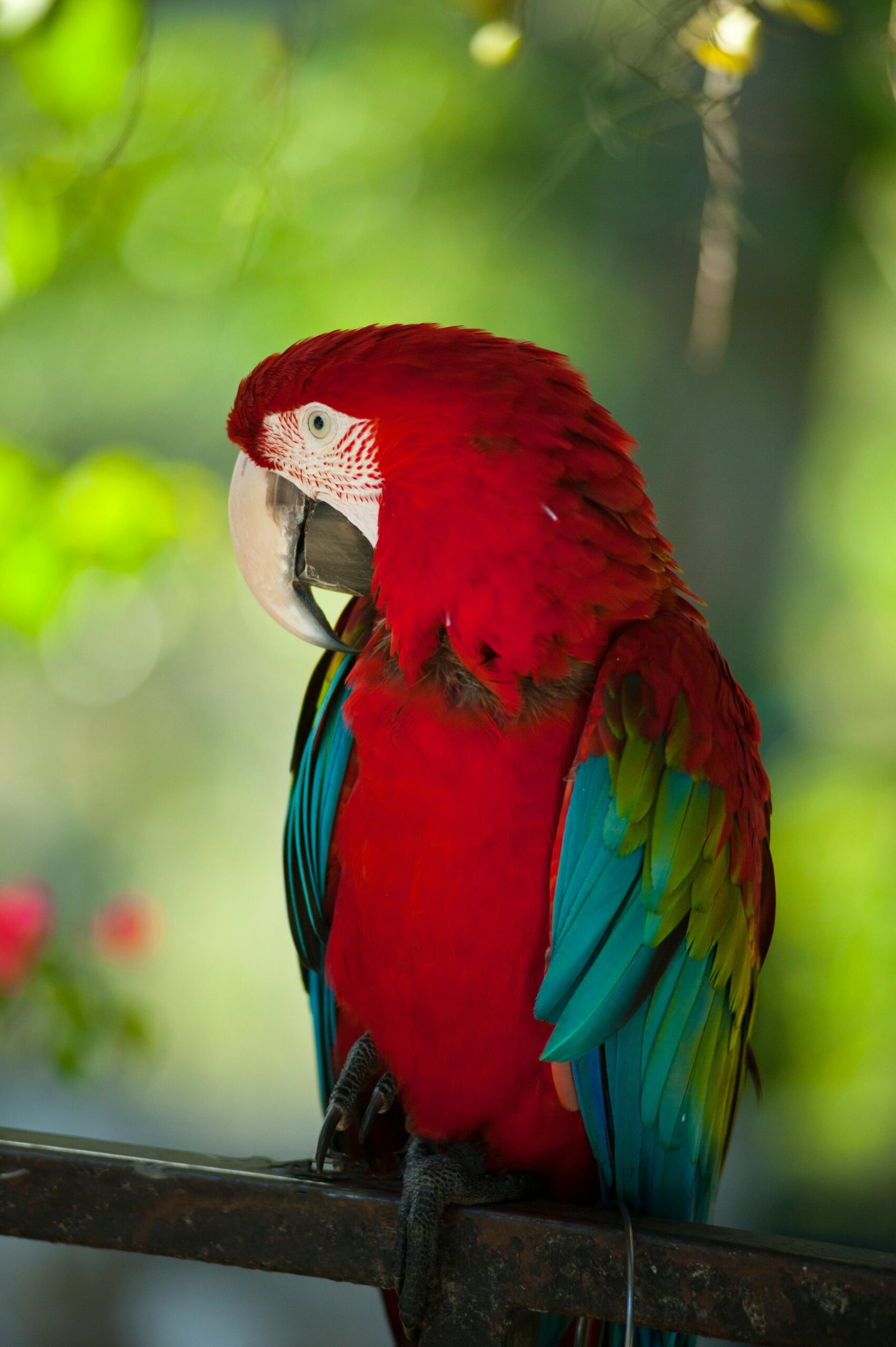Smart Ways to Care for Parrot Birds in 2025: Enhance Their Well-being!
Parrots are vibrant, intelligent creatures that can bring immense joy and companionship to their owners. Caring for these beautiful birds requires a clear understanding of their needs and behaviors, especially as our knowledge about optimal parrot care continues to evolve. With the right approach, maintaining the health and happiness of your pet parrot can be both rewarding and fulfilling. In this guide, we will explore essential practices for parrot care, including insights on diet, habitat, training, and socialization. By implementing these smart strategies, you can enhance the well-being of your feathered companion.
The journey of caring for parrots begins with understanding the specific needs of different parrot species. Not all parrots are the same, and their requirements can vary greatly depending on their breed and personality. Through this article, you will discover the best ways to provide a suitable environment, nutritious food, engaging toys, and effective training methods for your pet parrot. Whether you are a new parrot owner or looking to improve your existing care routine, these insights will serve as your roadmap for a happier, healthier bird.
Additionally, finding joy in interacting with your parrot can also deepen your bond with them. Proper training can lead to a talking parrot, while enhancing their life through behavioral enrichment will help alleviate stress and boredom. Navigating the complexities of parrot ownership does come with its challenges, but the rewards of watching your bird flourish make the effort worthwhile.

Essential Guidelines for Parrot Care in 2025
Understanding Parrot Behavior
To effectively care for your pet parrot, it’s crucial to familiarize yourself with their behavior. Parrots are naturally sociable animals that thrive on interaction. Learning to interpret their body language and vocalizations can significantly enhance your communication with them. For example, a happy parrot often exhibits relaxed body posture, ruffled feathers, and frequent chirping. On the other hand, signs of stress may manifest as isolation, excessive preening, or aggression.
Social behavior in parrots is profound; they require companionship, either from humans or another parrot. To support their social needs, consider daily interaction, including playtime and training sessions. This not only provides mental stimulation but also strengthens your bond. It’s essential to monitor their interactions to ensure a positive environment for both you and your parrot.
Creating an Ideal Habitat
Providing a safe and stimulating habitat is crucial for your parrot’s well-being. When choosing a cage, select one that offers ample space for movement and play. The cage should have horizontal bars to encourage climbing, with perches of various sizes and materials to promote foot health. Additionally, incorporating toys like swings, climbing structures, and foraging devices can enrich their environment, encouraging physical and mental activities.
Temperature and humidity levels also affect your parrot’s comfort. Ensure that the habitat is located away from drafts and direct sunlight to maintain a stable environment. This careful attention to their habitat will promote longevity and overall health.
Nutritional Needs for Parrots
The diet of your parrot plays a vital role in its health. An ideal parrot diet consists of high-quality pellets, fresh fruits, and vegetables, which provide essential vitamins and minerals. Avoid feeding them solely seeds, as this can lead to nutritional deficiencies. Additionally, be aware of foods that are toxic to parrots, including chocolate, avocado, and caffeine.
When exploring their dietary needs, it’s also important to introduce new foods gradually to avoid gastrointestinal upset. Monitoring their response to different foods ensures that you can adapt their diet to their preferences while maintaining health. Striving for a varied diet can keep your parrot interested and engaged at mealtime.
Effective Training Techniques for Parrots
Basic Training Principles
Training is integral to building a strong bond with your parrot. Using positive reinforcement techniques, such as treats and praise, helps your parrot associate specific behaviors with rewards. Start with basic commands like “step up” and gradually introduce more complex tricks. Short, consistent training sessions are more effective than long, infrequent ones.
Observe your parrot’s behavior closely during training. Understanding your parrot’s mood and energy levels can guide you in timing and approach, ensuring greater success. Recognizing when your parrot is attentive and eager to learn is key to implementing effective training strategies.
Socialization for a Happy Parrot
Socialization is vital for your parrot’s development and happiness. Expose your parrot to various environments, sounds, and people gradually to prevent fear and anxiety. Regularly engaging your parrot in different activities, such as outdoor walks in a secure carrier or meeting with other parrots, fosters adaptability and enriches their life experiences.
By promoting social interactions, you are allowing your parrot to develop essential skills and build confidence. A well-socialized parrot is generally more well-adjusted, reducing the likelihood of behavioral problems.
Recognizing Common Behavior Problems
Caring for parrots involves being proactive about possible behavior issues. Common problems include feather plucking, excessive screaming, and aggressive behavior. These issues often stem from boredom, stress, or improper socialization. It’s crucial to monitor your parrot’s behavior and make adjustments to their routine or environment as needed.
Replace toys regularly, and introduce novel items to stimulate their curiosity. If aggressive behavior arises, consult with an avian veterinarian or behavior specialist to identify the underlying causes and effective management strategies.

The Importance of Parrot Enrichment Activities
Engaging Toys and Activities
Enrichment activities are essential to prevent boredom and promote mental stimulation. Rotating toys in and out of their habitat keeps their interest alive. Toys that encourage foraging, such as those that dispense treats, mirror wild behaviors, providing both fun and engagement.
Crafting homemade toys using safe materials can also reinforce creativity and interaction. Activities such as puzzle solving and trick training not only enrich their lives but also strengthen your bond. Create a routine that incorporates daily playtime to diversify their stimulation.
Utilizing Natural Behaviors for Enrichment
Encouraging natural behaviors such as foraging, climbing, and chewing can significantly enhance your parrot’s quality of life. Scatter some of their food around the cage for them to find, or hide it inside toys. Utilize branches and safe plants that encourage climbing and exploring—replicating elements of their natural habitat fosters comfort and health.
Additionally, providing opportunities for safe exploration outside the cage can invigorate your parrot’s curiosity and confidence. Supervised time outside the cage can promote exercise and exploration.
Understanding Parrot Social Needs
Social interaction is crucial for a parrot’s happiness. Engaging with your pet regularly helps develop companionship and prevents loneliness. If possible, consider adopting a second parrot to provide company. However, ensure proper introductions and monitor their interactions closely to avoid conflicts.
Interactive play sessions, using toys that you can engage in together or teaching new tricks, can strengthen the bond between you and your parrot. These interactions are essential as they nurture emotional connections and reduce behavior issues stemming from loneliness.
Health Maintenance for Parrots
Regular Health Check-ups
Preventive health care is vital for maintaining your parrot’s well-being. Schedule regular check-ups with an avian veterinarian to ensure your parrot remains healthy. During these visits, your vet can conduct health screenings, check for signs of common diseases, and provide guidance on proper diet and care.
Establishing a health care routine also involves observing your parrot for any changes in behavior or appearance. Signs of a healthy parrot typically include bright eyes, smooth feathers, and a strong appetite. Recognizing these indicators early can lead to timely interventions.
Common Health Issues
Be aware of common avian health problems such as respiratory issues, feather conditions, and nutritional deficiencies. Regularly assessing your parrot’s weight and feather quality can help catch potential issues quickly. Consult your veterinarian for tailored preventative measures based on your specific parrot species and their unique health needs.
Ensuring Proper Hygiene
A clean habitat supports a healthy parrot. Regularly clean their cage, removing uneaten food and waste to prevent disease. Provide fresh water daily and ensure swimming opportunities to promote hygiene. Bathing your parrot can also help keep their feathers healthy. Providing a shallow dish or gentle misting can encourage them to clean themselves, reflecting natural behaviors.
Q&A: Addressing Common Parrot Care Questions
What is the best food for my parrot?
The best food for parrots includes high-quality pellets complemented by fresh fruits, vegetables, and occasional seeds. This balanced diet provides essential nutrition and variety, catering to their dietary requirements.
How can I train my parrot?
To train your parrot effectively, use positive reinforcement techniques such as rewards for desired behaviors. Start with simple commands and gradually introduce complex tricks while maintaining short and frequent training sessions.
What should I do if my parrot is exhibiting bad behavior?
If your parrot displays bad behavior, identify potential triggers such as boredom or loneliness. Implementing enrichment activities, social interaction, and consulting with an avian behavior expert can help manage and correct the behavior.
How can I socialize my parrot?
Socialize your parrot by exposing them to various people and environments gradually. Engage them in different activities to foster confidence and comfort in various situations.
Why is a proper habitat important for my parrot?
A proper habitat provides safety and comfort for your parrot, significantly influencing its mental and physical health. An environment that mimics their natural habitat supports their well-being and happiness.
The various dimensions of parrot care can sometimes feel overwhelming, but understanding their needs paves the way for a fulfilling experience. Whether it’s ensuring a balanced diet or engaging with them socially, being informed can help you nurture a remarkable companionship with your pet parrot. Explore more resources on parrot training and dietary guidelines to further enhance your parrot care journey.
